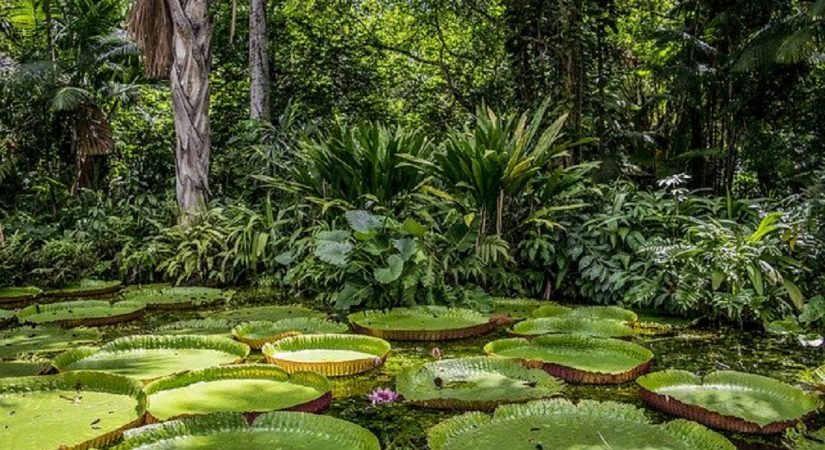
BRAZIL: Trademark Applications May Now Claim Brazilian Goods and Services
Pedro Vilhena, Mansur Murad Advogados Sao Paolo, Brazil, Internet Committee — Public Policy Subcommittee
Verifier: Fernanda Quental, Daniel Law, Rio de Janeiro, Brazil INTA Bulletins —Latin America Subcommittee
The Madrid Goods & Services Manager recently added 668 Brazilian goods and services to its database. Most refer to local natural resources (like plants and minerals), but this expansion also includes some typical foods and drinks. As for services, applications may now claim teaching of local music rhythms and martial arts.
The June 5, 2020, update was the result of an initiative of two bodies of the Brazilian Industrial Property Institute (INPI): the Commission for Implementation of the Madrid Protocol and the Commission for the Classification of Goods and Services. Both teams carried out extensive research that led to 200 newly proposed additions, which were then set up in accordance with international classification standards for classification. Some goods and services were described in more than one way in the final document, as is typical in the classification, leading to the 668 total.
The new goods and services can be found on the INPI website. Natural resources listed include coconut oil, extracts from Amazonian plants, and jewelry made of golden grass fibers known as capim dourado. Typical foods and drinks include the famous brigadeiro and caipirinha. New services refer to local traditional dances as the samba, the chorinho, and the capoeira.
The inclusion of such items in the international tool has two important effects. First, it serves as an additional reminder to national trademark offices that the various Brazilian goods and services are generic terms and should not be allowed registration as a trademark in any jurisdiction. It is hoped that the measure will help avoid future misunderstandings in connection with the nature of words.
Second, it allows Brazilian and foreign brand owners to specifically claim their Brazil-related goods and services. Applications claiming these specific items allow trademark offices to assess the risk of confusion more accurately. As a result, some obstacles that could be raised under a more general list of goods and services can be avoided.
Although every effort has been made to verify the accuracy of this article, readers are urged to check independently on matters of specific concern or interest. Law & Practice updates are published without comment from INTA except where it has taken an official position.
© 2020 International Trademark Association